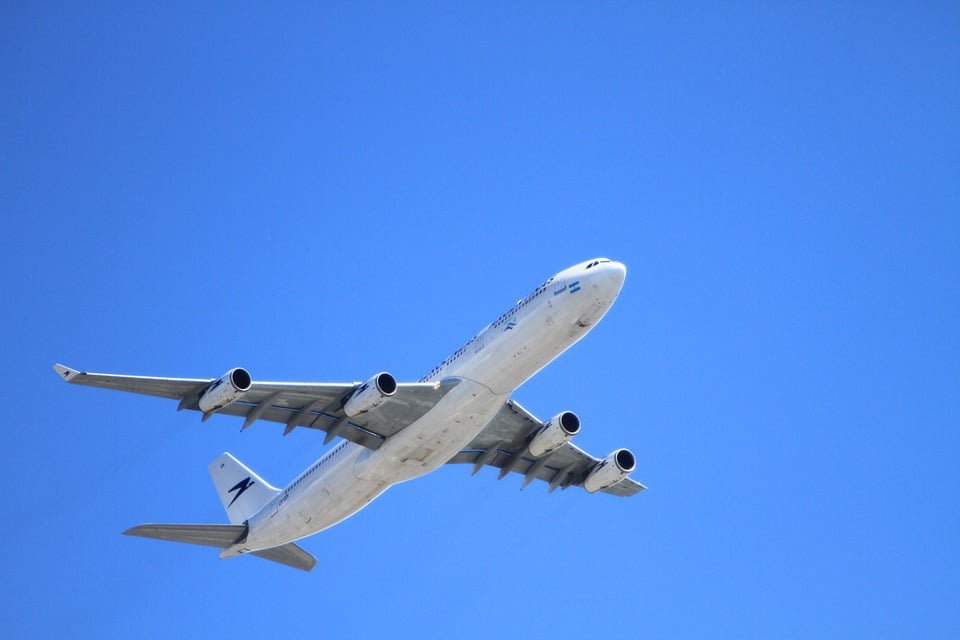Flying tips for people with a spinal cord injury
28 September 2016

Worried about flying? Read our top tips for travelling by plane when you have a spinal cord injury:
- It’s good to bring catheters in your hand luggage and your checked baggage so you’re covered for all eventualities. Don’t forget to also bring all your medications and a prescription in case they query you during security.
- Try to organise your bowel routine around your flight and make sure you’ve been to the toilet before you board to drain your catheter. Sometimes it can take longer to board than expected so it’s best to go just beforehand. It’s also worth checking that there will be an aisle chair on the plane too, should you need it.
- Once you’ve boarded the plane, take on liquids but just be aware of what you’re drinking. Anything that contains caffeine is a diuretic and should be avoided if you’re worried about needing to go to the loo too much.
- You shouldn’t assume that you’ll be able to use the toilet on board so have a plan of action. And even if you can transfer independently, airplane toilets can be tricky to manoeuvre in. One of our service users suggests, ‘I like to bring a leg or a night bag with me because often airplane toilets are too small to use.’ An empty bottle can be useful to drain your catheter into and sometimes planes provide a blanket that will allow you to do it discreetly. If you’re a high level injury, you can discuss your plan of action with your PA prior to flying.
- If you’re going on a long haul flight then it’s advisable to bring a pressure relieving cushion to avoid getting marks. Loose clothing can also help avoid pressure sores.
If you would like discuss your concerns around flying, get in touch with our Outreach & Support team on 020 8875 6723. They can refer you to people who can discuss your catheter requirements and any other questions you may have.


